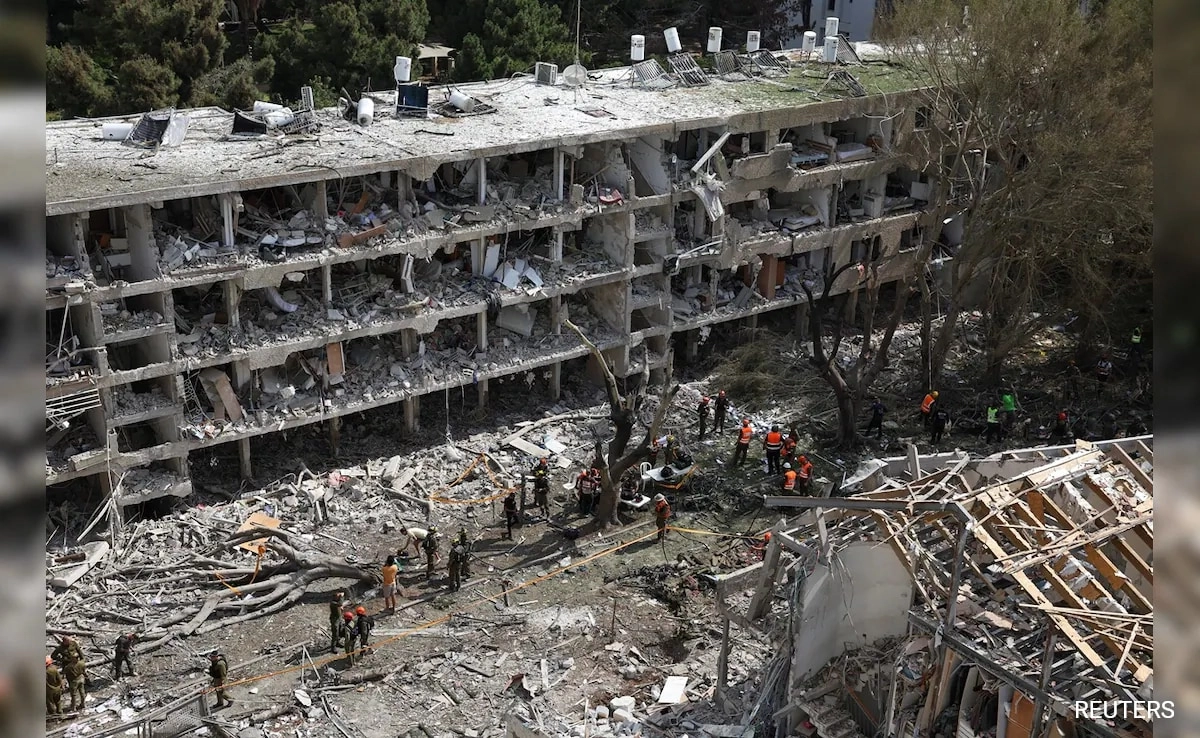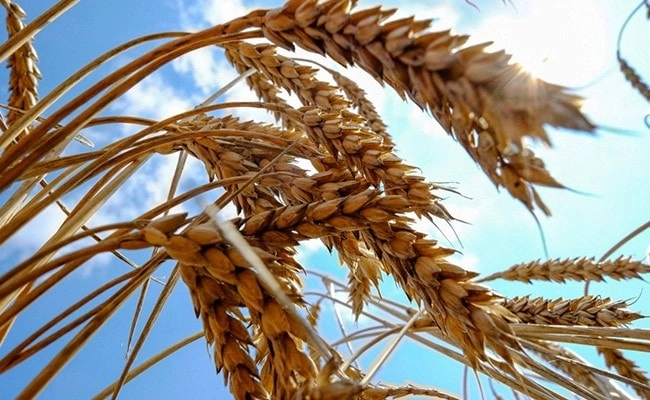China has expressed significant concern regarding the potential for the ongoing conflict between Iran and Israel to escalate further, warning of a “spillover of war” that could destabilize the entire region. This warning comes amid heightened tensions, with both nations engaging in hostile rhetoric and military posturing that could easily provoke wider hostilities. The Chinese government has underscored the importance of diplomatic efforts to de-escalate the situation and prevent a broader conflict that might involve other nations in the Middle East, a region already fraught with complexities and historical grievances.
The Iranian-Israeli conflict is not new, but recent developments have intensified fears of a larger confrontation. Iran’s support for militant groups in Lebanon and Gaza, coupled with Israel’s military operations in response, creates a volatile environment. The risk is particularly acute given the longstanding animosity between the two nations, which can lead to miscalculations and unintended consequences. China’s warning serves as a reminder of the interconnectedness of global politics, where local conflicts can have far-reaching implications, potentially drawing in regional powers and beyond, including major players like the United States and Russia.
China’s call for restraint and dialogue highlights its role as a significant actor in international relations, particularly in the Middle East. As a nation with deep economic ties to both Iran and Israel, China is uniquely positioned to advocate for peaceful resolutions. It recognizes that any escalation in the conflict could jeopardize not only regional stability but also global economic interests, given the strategic importance of the Middle East in energy supply and trade routes. By urging all parties to engage in constructive dialogue, China aims to foster an environment where diplomatic solutions can be pursued, thereby mitigating the risk of conflict spillover.
In conclusion, the potential for a spillover of war in the Iran-Israel conflict poses serious risks not only for the involved nations but for the broader geopolitical landscape. China’s warning serves as a crucial reminder of the need for careful diplomacy and proactive measures to prevent a wider war that could further complicate an already volatile region. As global powers watch closely, the hope is that through collaboration and dialogue, the cycle of violence can be broken, leading to a more stable and peaceful Middle East.




